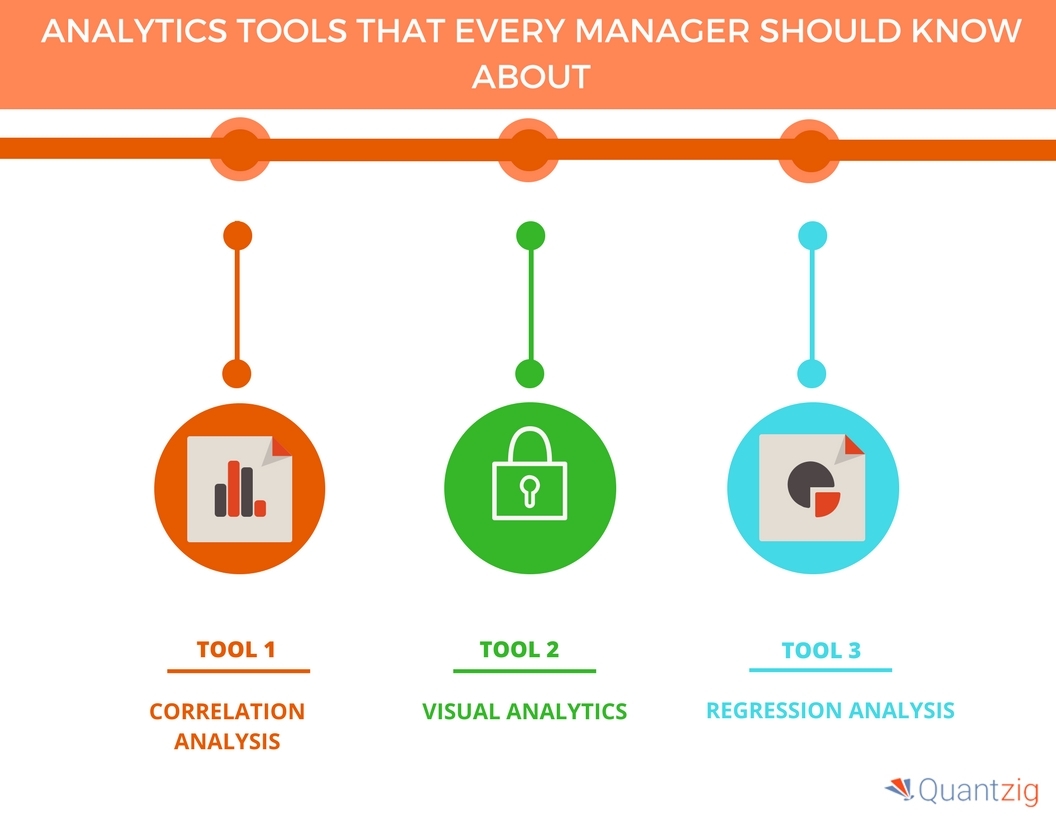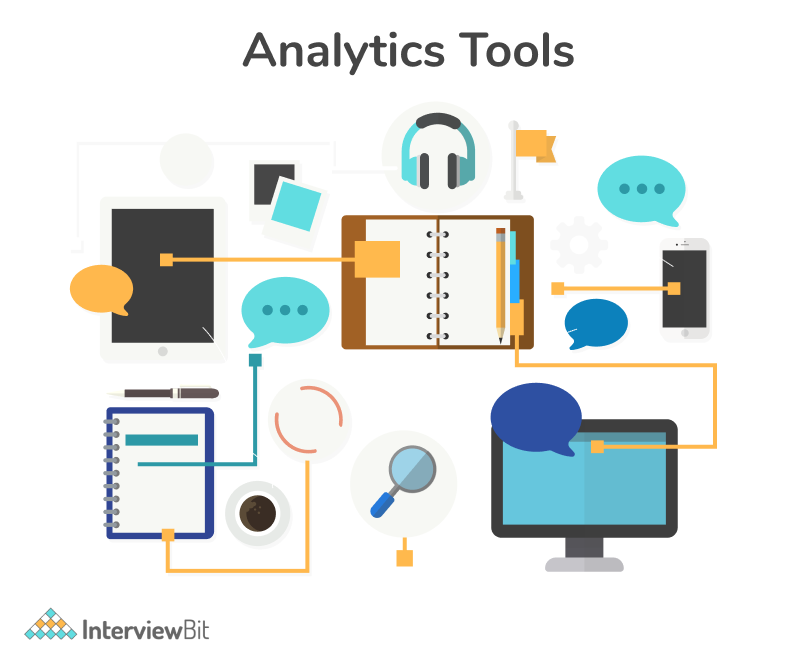Improve ROI and Efficiency Via Strategic Analytics Planning
Improve ROI and Efficiency Via Strategic Analytics Planning
Blog Article
Maximize Development: Exactly How Analytics Drive Better Strategies
In today's data-driven landscape, organizations significantly recognize the crucial duty of analytics in shaping reliable development techniques. By harnessing information insights, organizations can improve their functional approaches, prepare for market changes, and boost customer involvement. The difficulty lies not only in collecting information but in properly translating it to drive concrete end results. As we check out the essential benefits and approaches linked with analytics, a crucial question emerges: how can organizations guarantee they are leveraging these understandings to unlock their complete capacity? The response might redefine the future of tactical planning.
Understanding Information Analytics
Information analytics is an organized computational evaluation of information that enables organizations to uncover meaningful patterns and understandings. This process encompasses a variety of methods, consisting of analytical analysis, predictive modeling, and information mining, which jointly aim to change raw information into workable info - Analytics. By employing these methodologies, companies can make enlightened choices that are rooted in empirical evidence as opposed to instinct alone
The foundation of information analytics exists in its capacity to handle vast amounts of info from diverse sources. This includes organized information, such as databases, and unstructured information, including social media interactions and customer feedback. With the use of specialized software and tools, experts can extract and process this data efficiently, determining fads and relationships that might not be quickly evident.
Understanding data analytics likewise involves recognizing the significance of data top quality and stability. Accurate and dependable information is crucial for purposeful evaluation; thus, companies must apply robust information administration methods. Moreover, the repetitive nature of analytics permits continuous improvement and improvement of strategies, guaranteeing that organizations stay active in the face of altering market characteristics and customer behavior.
Key Advantages of Analytics

One of the essential benefits of analytics is its capacity to offer workable understandings. Organizations can rapidly evaluate vast amounts of data, discovering patterns that might not be quickly apparent. This aids in expecting market shifts and adjusting strategies appropriately. In addition, analytics promotes a culture of evidence-based decision-making, reducing reliance on intuition and guesswork.
One more considerable benefit is improved client understanding. Analytics devices enable businesses to segment their target market, track customer habits, and individualize marketing efforts. This targeted technique not only boosts client interaction however additionally drives greater conversion rates.

Implementing Analytics Strategies
To completely recognize the benefits of analytics, organizations need to embrace structured methods for execution. This begins with plainly specifying purposes that line up with more comprehensive company goals. By developing specific, measurable results, companies can concentrate their analytics initiatives on areas that generate the highest possible return on investment.
Following, organizations must focus on data administration to make certain the honesty and safety and security of the information being assessed. This includes setting up procedures for information collection, storage space, and gain access to while adhering to relevant guidelines. Guaranteeing high-grade information is critical for creating significant insights.
Moreover, cultivating a culture of data-driven decision-making is vital. This needs training workers to translate analytics searchings for and encouraging collaboration across departments. They are a lot more most likely to integrate understandings into their day-to-day procedures. when groups understand the worth of analytics.
Last but not least, organizations ought to routinely review and fine-tune Resources their analytics methods. The landscape of information and innovation is continually developing, and staying versatile will certainly permit like this organizations to utilize brand-new devices and methodologies successfully. By implementing these organized approaches, companies can optimize the effect of their analytics campaigns and drive lasting growth.
Tools for Effective Analysis
Effective analysis relies upon a selection of tools that help with the extraction of insights from data - Analytics. These tools can range from simple spreadsheet applications to sophisticated equipment learning systems, each offering an unique purpose in the logical process
Information visualization software application, such as Tableau and Power BI, plays an essential role in changing intricate datasets into easy to understand graphical representations. These devices allow analysts to recognize fads and patterns swiftly, permitting more educated decision-making.
Statistical analysis software application, like R and SAS, supplies advanced capacities for carrying out comprehensive evaluations, including regression, theory screening, and anticipating modeling - Analytics. These features equip organizations to draw meaningful conclusions from their data, recognizing prospective possibilities and threats
Furthermore, database management systems such as SQL and NoSQL databases offer the needed facilities for keeping and querying big volumes of data efficiently. They make certain that information is arranged and available for evaluation.
Finally, business knowledge platforms incorporate numerous data resources, offering a comprehensive view of business efficiency. By using these tools successfully, services can improve their logical abilities, allowing them to create methods that make the most of development and boost total efficiency.
Study of Success
Effective companies typically leverage information analytics to drive impactful strategies, as shown by several significant situation studies. By using these insights, Netflix has effectively customized its content suggestions, resulting in increased user interaction and subscriber retention.

In addition, Starbucks utilizes data analytics to establish ideal store areas and improve its item offerings. By taking a look at customer demographics and purchasing patterns, Starbucks efficiently determines high-potential markets and tailors its menu to neighborhood tastes, driving sales and customer loyalty.
These situation studies illustrate that reliable application of data analytics can lead to tactical benefits, cultivating innovation and development within organizations throughout numerous markets.
Conclusion
Finally, the assimilation of analytics into business methods substantially boosts decision-making processes and promotes sustainable development. By leveraging data-driven understandings, organizations can determine fads, expect market changes, and enhance operations. The efficient execution of analytics devices better sustains dexterity and advancement, enabling organizations to navigate affordable landscapes with greater precision. Ultimately, a dedication to analytics not only drives instant efficiency improvements however additionally secures long-term success in an ever-evolving industry.
Data analytics is a methodical computational analysis of information that allows companies to reveal purposeful patterns and understandings.Recognizing data analytics likewise includes identifying the value of data high quality and integrity. Dependable and precise information check this site out is critical for purposeful analysis; hence, companies should implement durable information administration techniques.Next, companies must prioritize data administration to make certain the honesty and safety of the information being assessed.Effective companies commonly utilize information analytics to drive impactful approaches, as shown by numerous noteworthy instance researches.
Report this page